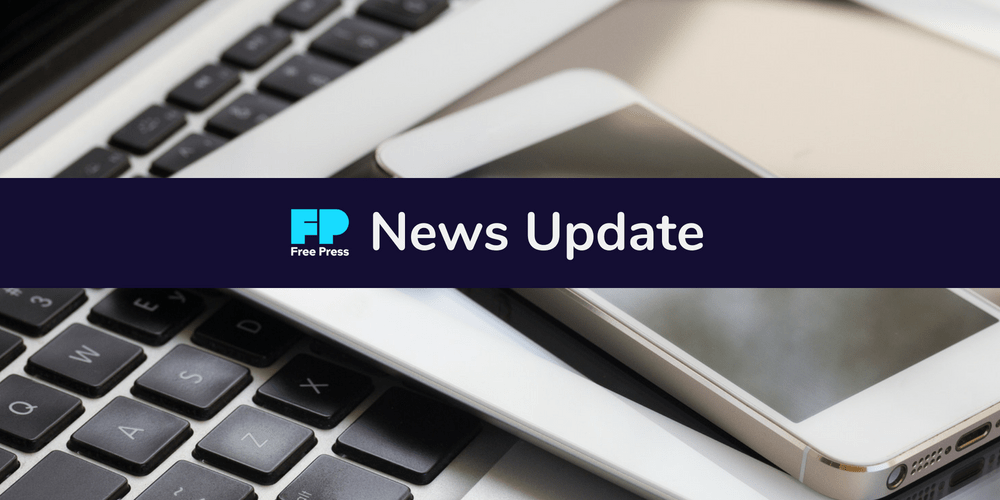Free Press Action Provides Expert Testimony to House Roundtable on the Impact of Election Disinformation

WASHINGTON — On Thursday, House Oversight Committee Chairwoman Carolyn Maloney convened a virtual roundtable with state officials and election experts to examine the impact of mis- and disinformation on U.S. elections. Nora Benavidez, Free Press Action’s senior counsel and director of digital justice and civil rights, was invited to address questions about the steps needed to curtail the spread of election disinformation across social-media platforms.
Free Press Action is a founding member of the Change the Terms coalition and anchors the policy agenda for the Disinfo Defense League. Both coalitions are leading campaigns to compel platforms like Google, Meta and Twitter to protect their users against the proliferation of hateful, misleading and anti-democratic content.
The following is Benavidez’ opening statement, as prepared for delivery:
Chairwoman Maloney, Ranking Member Comer, esteemed members of the committee: Thank you for inviting me to appear before you and for seeking Free Press Action’s views on how to defend against election mis- and disinformation.
This subject is of paramount importance for this committee and for the future of our democracy.
Mis- and disinformation are not new. Throughout history, lies and propaganda have been used to subvert people’s faith in institutions and each other and to otherwise obfuscate truth. Yet these threats are even more potent in the digital age.
Pew has found that most Americans use social media now as their information gateway. Social-media companies like Meta and Google know that people are vulnerable to incendiary and deceitful content and have built profitable business models around amplifying and getting more eyeballs on mis- and disinformation.
Layered on top of this business incentive are the information gaps left where quality local journalism has withered. In the absence of robust news coming to people through other channels, online users are consuming content largely in their own social-media echo chambers — predicated on platforms’ abusive data practices, in which they target users based on our behaviors and preferences.
In 2020, voters were targeted with content online that discouraged them from voting, with surgically precise efforts to dissuade Black, Indigenous and Latino voters from turning out to the polls. The goal of such disinformation campaigns is clear: to disenfranchise voters and to build distrust in our institutions and each other.
The impact of recent disinformation efforts has far outlasted the last several election cycles. For example, policymakers in 18 states have used lies about the 2020 election being stolen or corrupt to legitimize introduction of new laws. These constitutionally troublesome laws narrow voter access and make the electoral process harder.
Disinformation is thus not only a vehicle for social division but is used to advance structural limits on American freedom and basic rights.
With the tail of harms so long and entrenched in our society, we must move towards cross-partisan discussions about how to blunt the spread of disinformation by increasing defensive tactics at the individual, local, and systemic levels.
We must rein in abusive practices by social-media companies. Their business models threaten to destabilize our democracy by amplifying lies and calls for violence, reaching audiences with a speed, precision and scale once unimaginable.
Finally, as we develop defenses to malign campaigns that manipulate communities, we must develop proactive measures that rebuild healthy information pathways and strong local news to better empower communities rather than discourage civic engagement.
I look forward to further discussion with the committee.